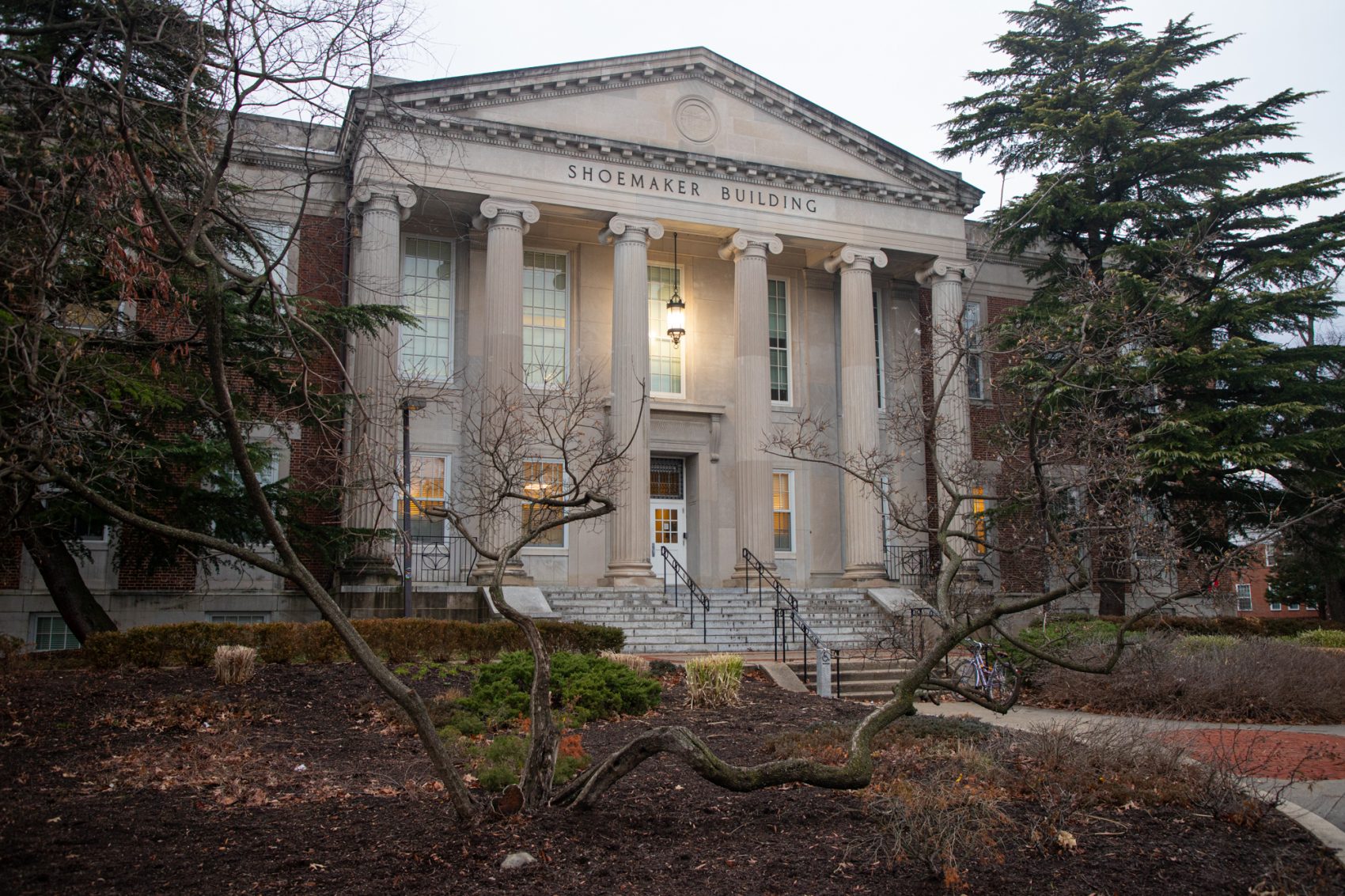By Shreya Vuttaluru
For The Diamondback
Although some University of Maryland students say they are getting used to virtual classes, many continue to experience the detrimental effects of social isolation and online learning on their mental health.
The pandemic’s biggest impact on student mental health is academic distress, said Chetan Joshi, the Counseling Center director. Depression and anxiety remain the top two presenting concerns, Joshi said, but issues related to academic and familial distress have drastically increased since the pandemic began.
“We are seeing the same exact things that we saw in the last two semesters,” Joshi said. “What that tells me, is that although we have had about two and a half semesters … under our belt … the transition is not getting any easier.”
In a fall survey conducted by the university, 92 percent of undergraduates said the pandemic had a negative impact on their mental health.
But sophomore English major Anna Artazova said she’s more equipped for an online semester now that she’s done it before. She’s learned how to deal with online issues and stay organized within the confines of her room, she said.
[UMD Counseling Center added four part-time psychologists in the fall despite hiring freeze]
“Last semester, it would be really hard to like — this is going to sound cliche — but like, it was legitimately very hard to like get out of bed on time,” she said. “This semester, I just do all the things that I’m supposed to do.”
Shoham Ghosh, the Student Government Association’s director of health and wellness, pointed out that the transition to online learning is different for every student.
“This pandemic affects different populations very differently. Some are barely affected,” Ghosh said. “But there are also many students where virtual learning is just something that can’t be adjusted to.”
Kayleigh Hasson, a junior criminology and criminal justice and economics major, said she is having trouble prioritizing her mental health and staying motivated amid asynchronous classes.
“The student body as a whole is really struggling,” Hasson said. “I feel like everybody that I’ve talked to this semester is just so drained.”
Students have access to several mental health resources through the Counseling Center at no cost, but barriers such as Zoom fatigue and misconceptions about payment prevent them from taking full advantage of these resources, Ghosh said.
[4 things to look forward to when in-person classes return]
However, more students are seeking counseling this semester, Ghosh said. There is now a shorter wait time at the center than in the past, Ghosh said, and the center added four part-time psychologists last semester.
The center also offers Wellness Workshops — free webinars hosted by the Counseling Center — that have been popular in the past, Joshi said. These workshops are hourlong sessions focused on different mental health-related topics, such as coping skills and academic success.
Telon Yan, a sophomore computer science and mechanical engineering major and co-founder of Lean On Me College Park, a student-run anonymous mental health texting line, hopes his organization will complement existing mental health resources to help support students.
“The responses that we’ve gotten from people who’ve used our line has been … overwhelmingly positive,” Yan said.
Despite the continued virtual environment, university President Darryll Pines’ recent announcement that fall 2021 classes will likely resume in person provides hope for some students.
“This pandemic has taken almost two years of my college education,” Hasson said. “I will feel so lucky and so grateful, if I got to have a normal freshman year and I get to have a semi-normal senior year.”



